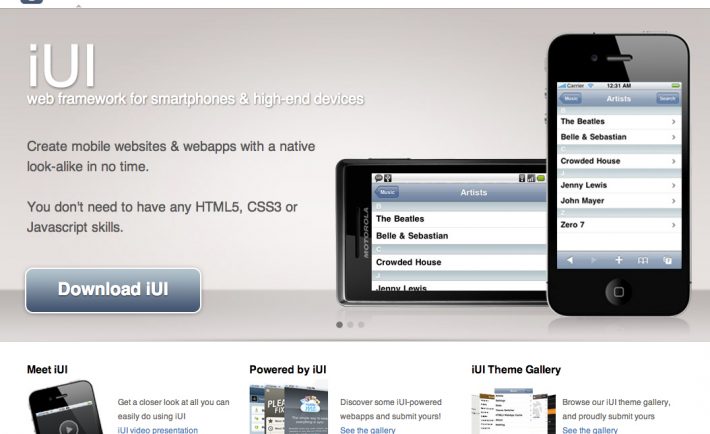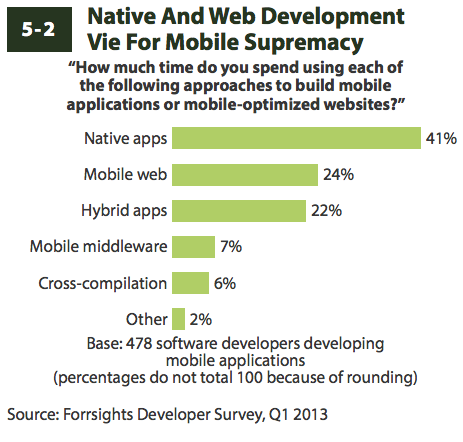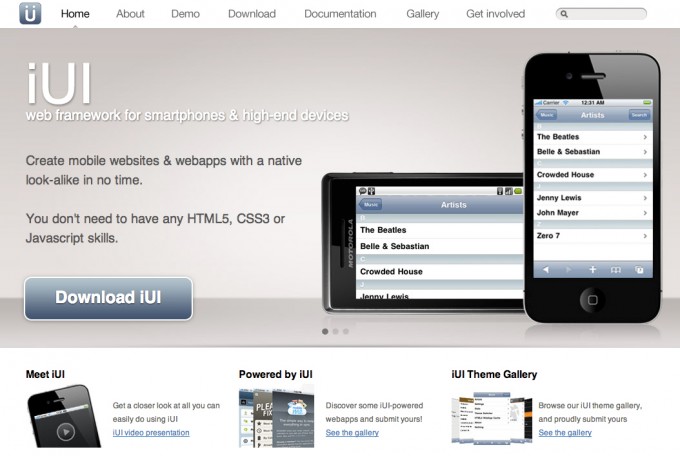
The smartphone app is by far the most astonishing consumer-based software breakthrough of recent times. The notion that people can directly download useful databases, games, and tools directly onto their Android phones almost immediately and occasionally for free-of-charge is a proof of the increasing popularity of the open source software movement.
Yet there remain vast limitations when it comes to the sharing of app software among multiple mobile operating systems. These different environments in which to write apps make it exceptionally hard for programmers and developers to create apps that can perform on iOS, Android, BlackBerry, Windows Mobile, and operating systems we haven’t even heard of yet. And this doesn’t even take into consideration the threat of cross-platform worms, which can require antivirus software.
The cloud computing movement may help fix things. The current dilemmas, when it comes to making a mobile app universal, all comes down to the unfortunate truth that mobile apps need to be directly downloaded onto the devices themselves. Programmers and software developers are only rarely talented enough to know more than one language well enough to create an app that works on multiple operating systems.
While this exists as far as native application running is concerned, the code of the web is virtually universal among smartphone devices. HTML5 specifically makes it possible for just about anyone using a smartphone to access any app that is successfully created in an Internet-based format.

HTML5 now neck and neck with native apps for developer love
Due in large part to the increasing strength of the cloud, there’s more and more space for such polished apps to survive online instead of having to be made capable of becoming a native application of individual smartphone devices.
One particular multiple-phone web-based application framework that showcases some prospects is iUI. While the framework system was for a time sans user interface and thus incredibly challenging for your ‘Joe the Plumber’ developer to immediately grasp, iUI incorporates HTML, JavaScript, and CSS to make web-based mobile apps that work on every major mobile browser currently accessible in most parts of the world. iUI is based in-part on the software development kit of iPhone apps, which just goes to show what kind of quality this framework has when it comes to inherent app structure.
Yet, it ought to be recognized that neither Apple, Android, RIM (makers of BlackBerry) or any other smartphone industry leaders are going to surrender their profitable app markets without a challenge. There’s just too much money involved for web-based app developers to sneak in the backdoor, bypassing app stores in the process.
This will only inspire further progression in smartphone technology so there isn’t a whole lot to really worry yourself over. The web-based app market will only boom further as a result of controversy. As long as cloud computing continues to thrive, so will web-based mobile apps.





